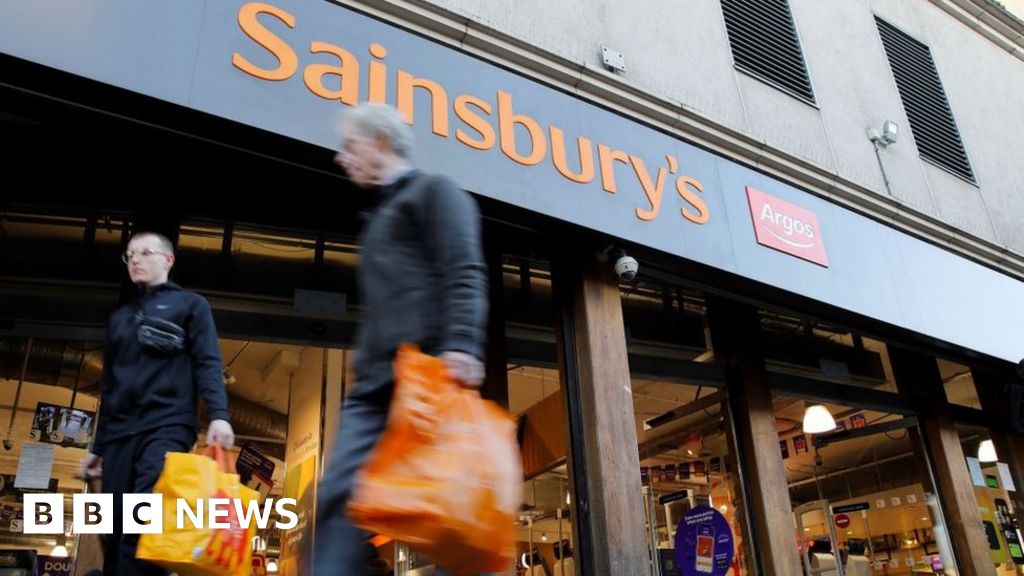image courtesy of Getty Images Sainsbury’s has announced that it would no longer sell CDs and DVDs due to the decline in CD and DVD sales caused by streaming services. Customers at Sainsbury’s are increasingly buying music and movies online rather than buying the gleaming silver discs, according to a spokeswoman. Sales are being phased out, while vinyl records will continue to be sold in some stores, according to the company. Although CD sales have decreased over the last decade, they were still worth £115 million last year. Other major supermarkets have shown no signs of following Sainsbury’s pattern, with Tesco, Asda, and Morrisons still carrying a selection of CDs and DVDs in their larger stores. “Because our customers are increasingly turning to the internet for entertainment, we decided earlier this year to phase out the sale of DVDs and CDs so that we can devote more space to food and popular products like apparel and homewares,” Sainsbury’s explained. The decision is yet another indication that the CD, which was once the primary medium for purchasing and selling recorded music, has passed its prime. How vinyl records are attempting to become more environmentally friendly Classic bands have been accused of suffocating new music. People are starving for new music following the lockdown, and streaming is jeopardizing the future of music. The silver disc has become unfashionable in many circles as sales have been impacted first by the MP3 audio file and then by streaming services such as Spotify and Deezer. Worse, the format it was supposed to kill, the vinyl record, has resurfaced, with UK sales reaching 4.8 million last year, raking in over £86 million in income. That was still a long way shy of the revenue generated by CDs. However, the British Phonographic Industry (BPI) predicts that in 2021, record sales will surpass CD sales for the first time since the late 1980s. “For nearly 40 years, the CD has proven incredibly successful and is a preferred medium for many music consumers who value sound quality, convenience, and collectability,” according to a BPI representative. “Although demand has been following a long-term trend as customers shift to streaming, resilient demand is anticipated to persist for many years, bolstered by special editions and other collectible releases.” If certain retailers no longer prioritize the format, it will open up more opportunities for others, such as independent stores and specialty chains like HMV, to meet the growing demand.” Graham Jones, a music industry expert, points out that stores have always stocked a small selection of CDs, with a focus on major stars like Ed Sheeran. However, as his book Last Shop Standing demonstrates, supermarkets may still make record stores’ lives tough, particularly by undercutting them on price. In one chapter, he describes an example from 2008 in which a business in the East Midlands discovered that buying copies of the latest Coldplay CD on special deal from Morrisons and Asda and reselling them was cheaper than obtaining them from the record label. However, similar instances are unlikely to occur again in the near future. “CD sales are slowing down,” he told the BBC, “so I can understand why Sainsbury’s is pulling out.” “Vinyl is really fashionable, whereas the CD is no longer fashionable.” Although many indies [independent stores] are stocking fewer CDs than in the past, they are nonetheless selling. There’s a popular belief that the CD is entirely obsolete.” RetailingSainsbury’sCompaniesMusic/n
Read MoreSainsbury’s stops selling CDs and DVDs
2021-07-08T23:07:35-04:00July 8th, 2021|





